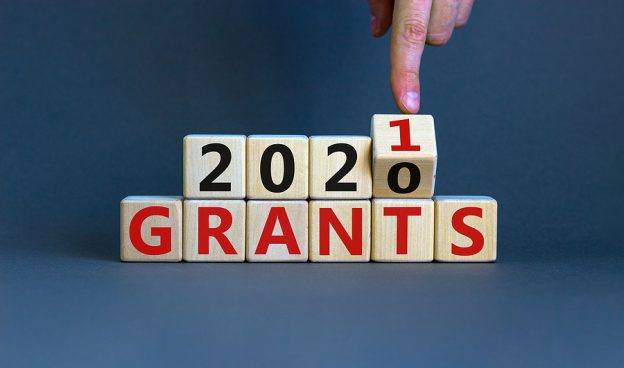
On 5th November, Chancellor Sunak announced that the third Self Employed Income Support Scheme (SEISS) grant will be 80% of your average profits. A relief for those who had previously been promised 55% only three days earlier.
What is the self employed income support scheme (SEISS)?
The SEISS is a series of government grants that have been available for some self employed taxpayers as financial support during the COVID-19 health pandemic. It runs alongside the Coronavirus Job Retention Scheme, which enables businesses to receive furlough pay for their employees. SEISS is “just one element of a comprehensive package of support for the self-employed”.
The four grants are not identical. The first two are now closed for applications. The third SEISS grant is open for applications on 30th November. You don’t have to have applied for either of the first two grants to be eligible for the third. But you do have to make sure that you meet the criteria (and there is a change in the third grant’s requirements).
What do I need to know about the third SEISS grant?
At first, this third grant was only going got pay 20% of your average profits. That’s what the Chancellor said in September. Then this was doubled to 40%, then 55% on the 2nd November. It was increased again to 80% on 5th November. So you can breathe out all that initial panic.
Your ‘average profits’ figure is calculated using the information on your 2016-17, 2017-18 and 2018-19 tax returns. They average your declared profits from those three time periods.
But there is a maximum of £7,500 for your third SEISS grant, which will be paid to you as a lump sum. It’s for November, December and January, so that’s a ceiling of £2,500 per month.
The scheme opens for applications from self employed sole traders or partnerships on 30th November. No deadline has been set by HMRC yet.
The money from your SEISS grant is classed as taxable income.
SEISS eligibility criteria
There are a few criteria that are the same as the first two SEISS grants:
- Your 2018-19 tax return must have been filed by the deadline. This was extended to 23rd April 2020.
- You are trading and intend to continue trading
- Average annual trading profit under £50,000
- More than 50% of your total income is from self employed earnings
For these last two, HMRC first look at your 2018-19 tax return for evidence. If this doesn’t prove you meet the criteria, then they will look back over the previous two tax returns to work out an average. For example, if your 2018-19 year profit was over the £50,000 threshold, but your average profit over all three tax years is under you’ll still be eligible.
This is not an either/or situation. You must meet all three of these requirements.
New criteria:
To qualify, businesses must be “currently actively trading but are impacted by reduced demand due to coronavirus”. This is a big different to the first two grants, where any negative impact because of coronavirus was reason enough.
Essentially this means that two COVID-19 costs are now not covered:
- Extra costs, like appropriate PPE
- Not working due to self-isolation or shielding
You will need to be able to show how your business has been impacted by “reduced demand”. So keep everything, all those communications from suppliers and customers, that explain their link in your chain.
Do I send supporting evidence with my application?
At this point, you are asked to declare your situation. You’re not required to send evidence at this point. But HMRC has procedures in place to check the truth of people’s claims and prosecute those who defraud the system. Some people have already been convicted for falsely using the first SEISS and the furlough schemes.
What about the fourth grant?
There are no details available about the fourth grant, except that it’ll be available from February and cover the months February, March and April.
Can I still claim Universal Credit and get and SEISS grant?
Yes, you can apply for an SEISS grant and be claiming Universal Credit – it doesn’t mean you’re ineligible. But you have to be careful with the maths here. Self employed income support is counted as income in your Universal Credit calculation. As your income goes up, your Universal Credit amount goes down. You won’t owe any money back, but you do have to think through this calculation before you apply for SEISS, to make sure you’re putting yourself in the best position.
Good to know!
Here are a few answers to some inevitable questions:
- You can keep working and get a SEISS grant
- You can combine local lockdown payments and SEISS grants
- You can claim the third grant, even if you got the first two
- You can claim the SEISS third grant, if you didn’t apply for the first two
It’s also very important that we tell you that you must apply for an SEISS grant yourself. You cannot use an accountant or other appointed person to make the application for you. In fact, doing this could trigger an HMRC investigation. So, gather your information ready for 30th November and follow the online instructions carefully.







